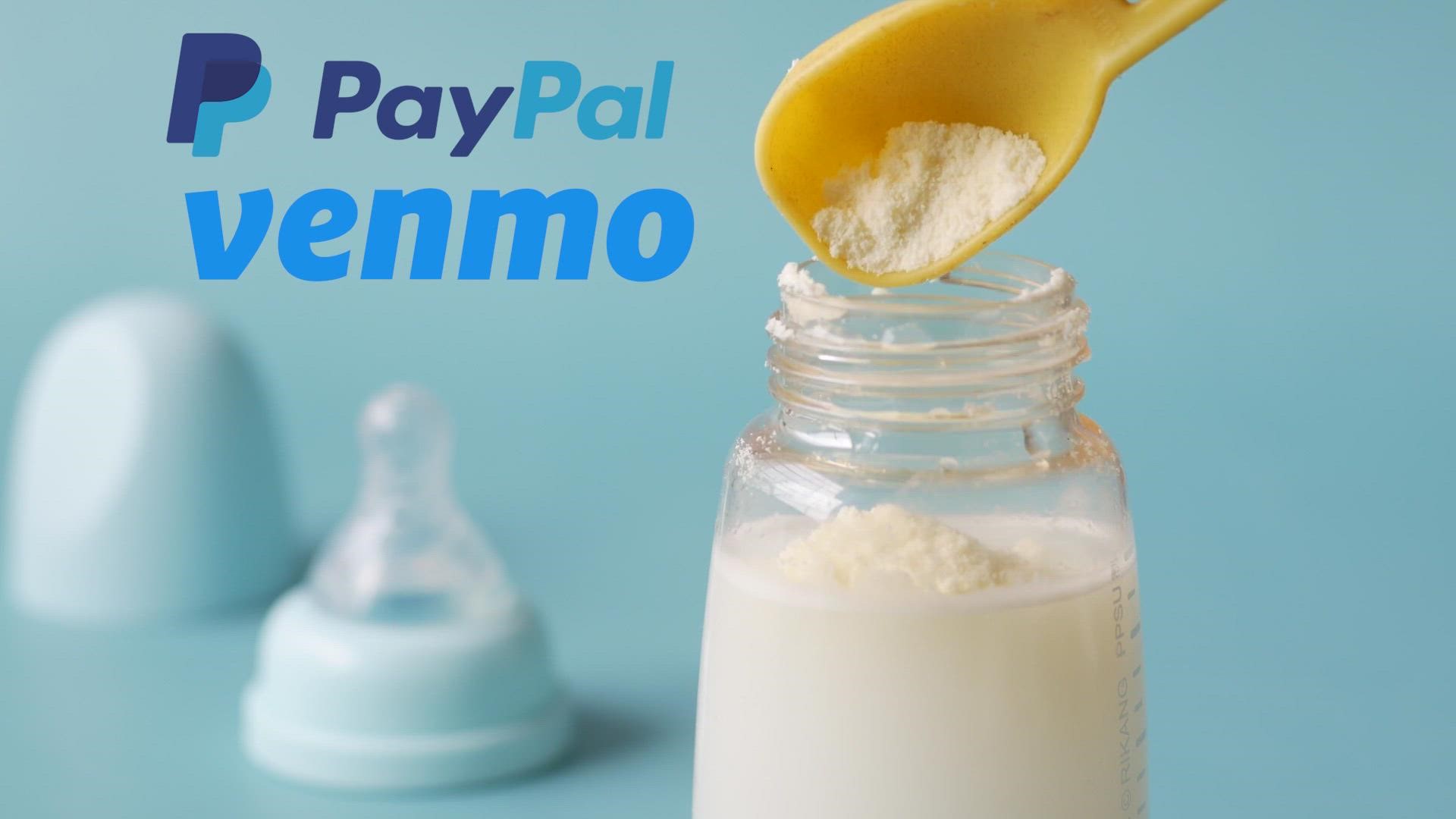HOUSTON — There’s a warning for parents shopping online to find baby formula: Scammers are surfacing on websites and social media channels offering infant food. In some cases, all they ask for is shipping costs.
It’s a scam and the Better Business Bureau explains how it works.
- An ad or post is put on social media saying that they have found formula.
- You’re contacted via direct message and sent images of the product they claim to have.
- You’re asked to make a payment through a platform like Paypal or Venmo but the formula is never sent.
Here are tips from the BBB to avoid being scammed and what to do if you suspect you were a victim of a scam.
Signs of a potential online purchase scam include:
- Positive reviews on the website that have been copied from honest sites or created by scammers. Be aware, some review websites claim to be independent but are funded by scammers. Check BBB.org.
- No indication of a brick-and-mortar address or the address shown on a Google map is a parking lot, residence, or unrelated business than what is listed on the website.
- Misspellings, grammatical errors, or other descriptive language that is inconsistent with the product.
- The seller advertises on a social media site and is communicative until the payment is made. Once the payment clears, they are unreachable.
Check out the website before making a purchase:
- Visit BBB.org to check a business’s rating and BBB accreditation status. Impostors have been known to copy the BBB seal. If it is real, clicking on the seal will lead to the company’s BBB profile on BBB.org - check the domain of the URL.
- Conduct an internet search with the company name and the word “scam.” This may locate other complaints about the site.
- Make a note of the website where the order is placed. Take a screenshot of the item ordered, in case the website disappears, or a different item is received in the mail than what was advertised.
- Credit cards often provide more protection against fraud than other payment methods.
- Think before you click. Be especially cautious about email solicitations and online ads on social media sites.
Report suspected online shopping fraud to:
- Better Business Bureau - file a complaint at BBB.org or report a scam at BBB.org/scamtracker.
- Federal Trade Commission (FTC) - file a complaint at reportfraud.ftc.gov or call 877-FTC-Help.
- National Intellectual Property Rights Coordination Center - report intellectual property and counterfeiting violations to iprcenter.gov/referral/view.
- Internet Crime Complaint enter (IC3) - file a complaint at ic3.gov/complaint.
- Canadian Anti-Fraud Centre - file a report at antifraudcentre-centreantifraude.ca or call 1-888-495-8501.
- Facebook – report ads that violate Facebook's policies by clicking the *** next to an ad to go to facebook.com/business/help.
- Instagram - report copyright infringement or other policy violations at help.instagram.com.
- Amazon – report suspicious activities and webpages at Amazon.com.
- Google – report scams at Google.com.
- PayPal - call (888) 221-1161 to speak with a live person instead of using an automated system if you receive an item that is not as advertised.
- Credit card company - Call the phone number on the back of the credit card to report the fraud and request a refund.

